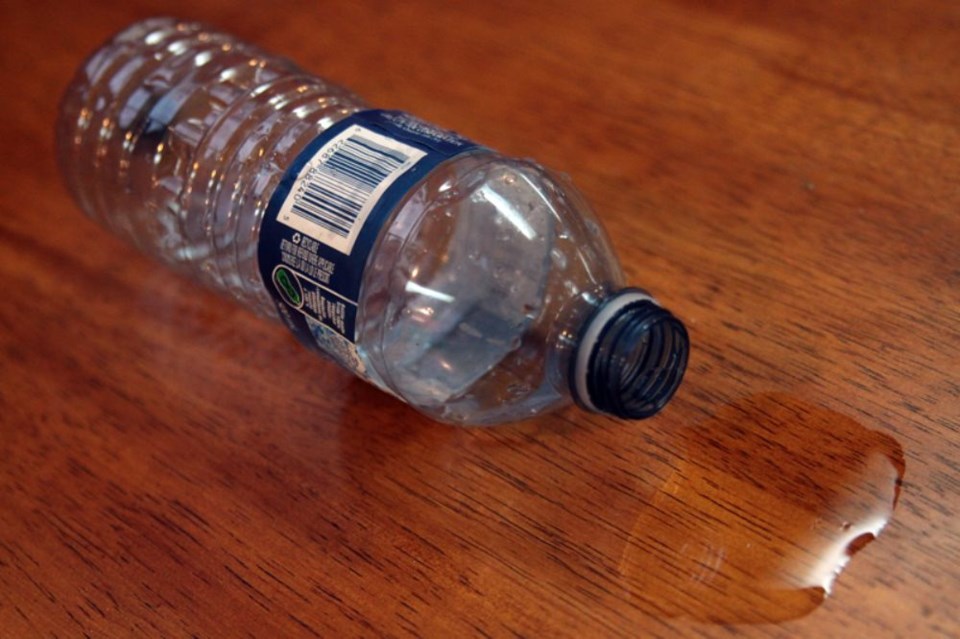A water crisis in Marten Falls First Nation will enter its fourth week after bad weather diverted a plane carrying Indigenous and Northern Affairs staff from a meeting in the remote community Thursday.
The financial cycle that funds bottled water delivery to Marten Falls expired Oct. 30, prompting its leadership to issue a release alleging water was being “held hostage by the stringent bureaucratic process.”
A decade into a community-wide boil-water advisory, Indigenous Affairs – the federal ministry that this week changed its title from Aboriginal Affairs – requires the band to pay the cost of transporting bottled water from Nakina up front.
Each person is allotted up to 3.5 L per person, per day.
Although the ministry advanced $121,000 of the $360,000 annual cost in June, the First Nation has had to draw the remainder from other programs and services.
It then sends invoices to the ministry, a process Chief Bruce Achneepineskum says can take up to seven months.
Achneepineskum knew the arrangement was unsustainable but after 10 years, the cash flow has run dry.
“We can’t keep on paying everything up front first from other projects and other programs,” he said.
“At the end, it becomes a vicious circle where we’re taking from this program or that program to pay for our bottled water expenses. This has gone on for many years.”
Negotiations around replacing the water treatment plant have been slow since Health Canada deemed the existing facility obsolete in 2005.
Indigenous Affairs spokesman John Schmied said the community has declined a departmental offer to install a reverse-osmosis water treatment unit since 2011-2012.
The First Nation then submitted a Design Application Request for a new water treatment plant in 2013-2014 but the community has yet to receive word from the ministry on its approval.
“How long can you go without potable drinking water on a daily basis?” Achneepineskum asked, adding the United Nations considers water to be a human right.
“We’ve been ignored for years. We just need to know how soon can we get funding to the First Nation and a better process that will accommodate a steady supply of potable drinking water to our First Nation.”
A future meeting has yet to be scheduled.
